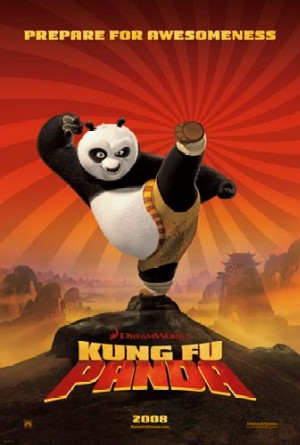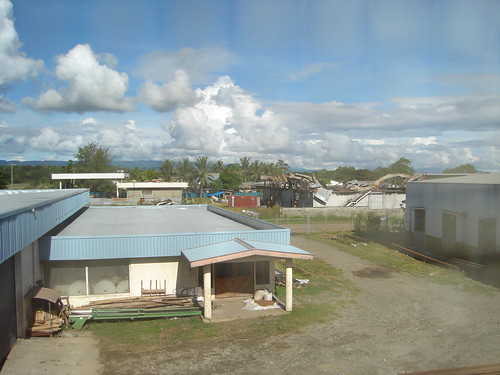This post in an expansion on comments that I made in response to a post by Jed Yoong on her blog. I’ve so far refrained from commenting on the political situation here in Malaysia because I don’t have anything original or new to add to the already deafening cacophony out there and I don’t like to point out the obvious. In many cases, however, when a particular strand of public opinion becomes very shrill and one-sided, I feel a compulsion to throw some cold water on it. Chalk it up to my contrarian nature or maybe it’s just because I despise arguments that leave no room for doubt of any kind.
What’s gotten me riled up is the widely held sentiment that the racist politics of Barisan Nasional ought to be replaced with a multiracial Malaysian Malaysia. Yes, the BN are racists. Big deal, but we’ve known that forever. And again, yes, a multiracial Malaysian Malaysia is a great thing, sure, but playing it up too much edges things too uncomfortably close to nationalism for me and recent anti-immigrant sentiment in Malaysia is already too negative for my tastes. As I noted previously, if racism is bad because it shouldn’t matter what your genetics are, then nationalism ought to be bad as well because it shouldn’t matter where your mother happened to physically be when she went into labour. Am I the only person who finds it ironic that so many Malaysians blame current immigrants from places like Indonesia, Myanmar and the Philippines for their troubles when so many are descended from past immigrants themselves?
Similarly, I’ve read multiple commentators saying to the effect that sports are a great way to unite Malaysians across the racial divide. Does that mean that whichever country is currently playing against our national champion is the enemy? Does that make anyone who supports a non-Malaysian in any sports match against a Malaysian a traitor? Why does it always have to be one group against another group?
I’m also troubled by the assertions of Chinese and Indian Malaysians that they deserve equal rights as Malaysians because of the past contributions of their ancestors in developing the country (with the Chinese being especially fond of pointing out that they were the one who fought off the Japanese). The problem with this is that it assumes that such rights have to be earned as opposed to naturally accruing to anyone who wants to live permanently in the country and implies that new immigrants shouldn’t have those same rights because their ancestors didn’t make similar sacrifices. If it is not morally correct to blame the current generation of Germans, for example, for the actions or even antipathy of their grandfathers during the Holocaust, is it correct to credit a people for the beneficial actions of their ancestors?
The idealogy diametrically opposed to nationalism is of course cosmopolitanism, and the Wikipedia page on it is a worthwhile read.


